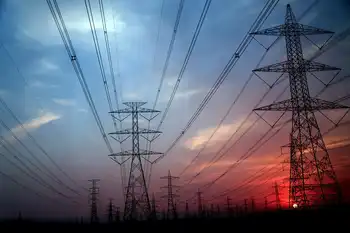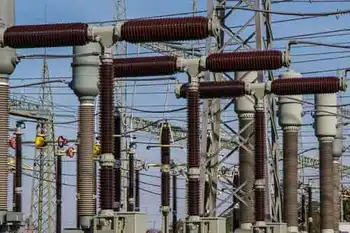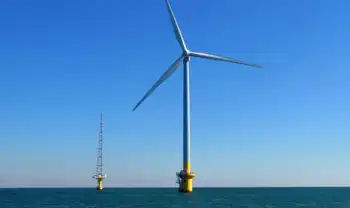OG&E accepts settlement in long-running rate case
Terms of the settlement include an approximate $4 million increase in the amount OG&E receives from base rates, a 10.2 percent return on equity, extension of funding for the company's System Hardening program, which is designed to improve reliability, and establishment of a procedure to expedite the recovery of the costs of high-voltage transmission projects.
"This settlement, while challenging in terms of overall cost recovery, removes uncertainty and provides a path forward for the recovery of our investment in transmission assets," said company spokesman Brian Alford. "The level and timing of cost recovery will increasingly challenge us to meet growing electricity demand and maintain the same level of service our customers have come to expect."
OG&E residential customers will see a small reduction in their monthly bills resulting from the settlement. New rates would go into effect following Oklahoma Corporation Commission approval of the agreement.
The three-member Commission is expected to deliberate on the settlement in early July.
OG&E's parent company, OGE Energy Corp., recently reiterated its 2012 consolidated earnings guidance of $3.40 to $3.60 per average diluted share assuming normal weather for the remainder of the year. More information will be provided in OGE Energy's second quarter 10Q scheduled for filing with the Securities and Exchange Commission on August 2, 2012.
OG&E, with 792,000 customers in a service area spanning 30,000 square miles in Oklahoma and Arkansas, is a subsidiary of OGE Energy.
Related News

Iran turning thermal power plants to combined cycle to save energy
TEHRAN - Iran has turned six percent of its thermal power plans into combined cycle plants in order to reduce greenhouse gases and save energy, IRNA reported, quoting an energy official.
According to the MAPNA Group’s Managing Director Abbas Aliabadi, so far 27 thermal power plants have been converted to combined-cycle ones.
“The conversion of a thermal power plant to a combined cycle one takes about one to two years, however, it is possible for us to convert all the country’s thermal power plants into combined cycle plants over a five-year period.
Currently, a total of 478 thermal power plants are operating throughout…





